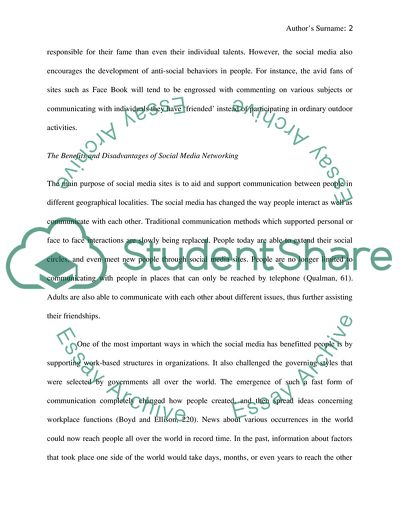Cite this document
(Social Media and how It Affects Society Research Paper, n.d.)
Social Media and how It Affects Society Research Paper. https://studentshare.org/social-science/1821491-social-media-and-how-it-affects-society
Social Media and how It Affects Society Research Paper. https://studentshare.org/social-science/1821491-social-media-and-how-it-affects-society
(Social Media and How It Affects Society Research Paper)
Social Media and How It Affects Society Research Paper. https://studentshare.org/social-science/1821491-social-media-and-how-it-affects-society.
Social Media and How It Affects Society Research Paper. https://studentshare.org/social-science/1821491-social-media-and-how-it-affects-society.
“Social Media and How It Affects Society Research Paper”. https://studentshare.org/social-science/1821491-social-media-and-how-it-affects-society.


